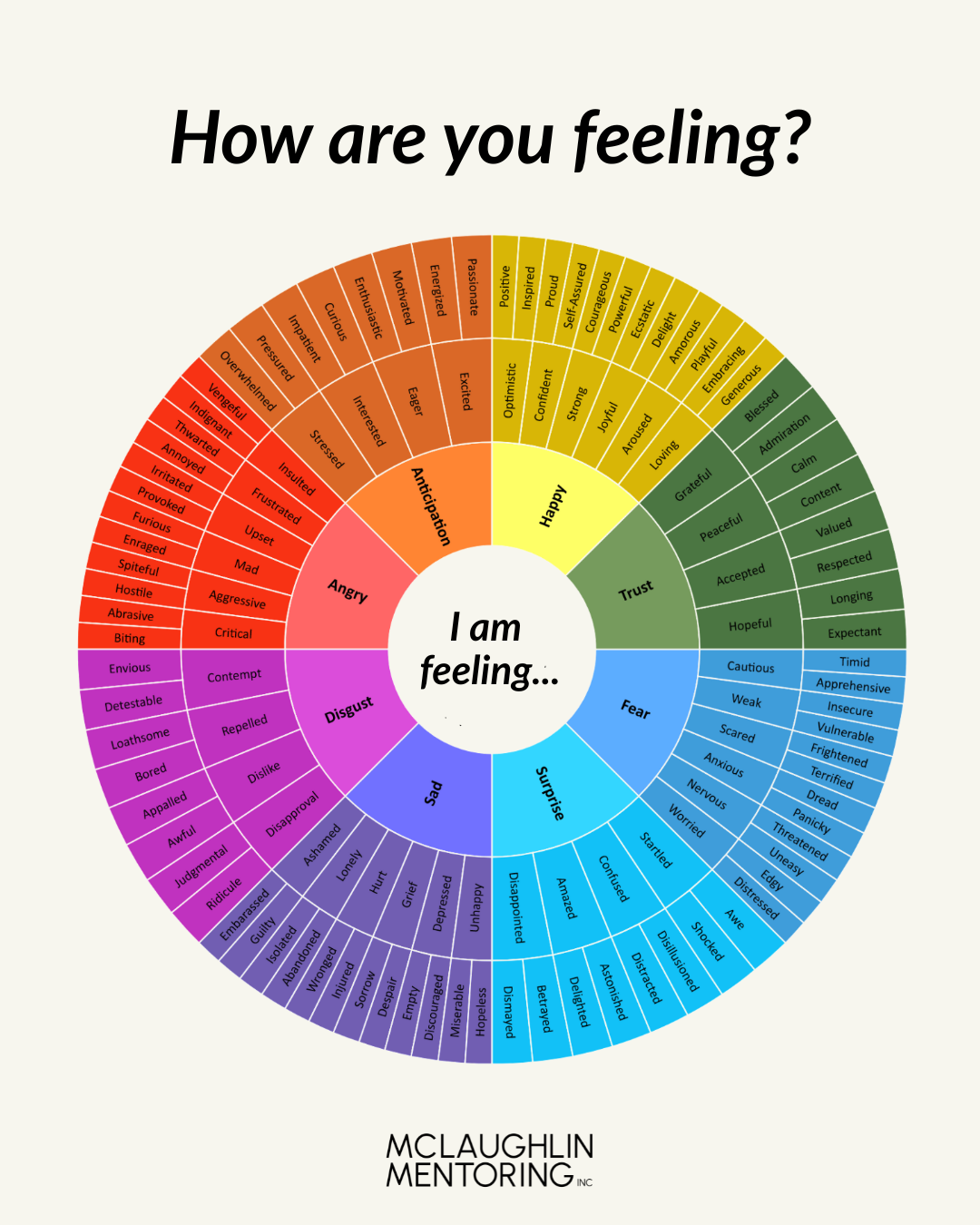Know Thyself, Grow Thy Team: The Leadership Mirror You Didn’t Know You Needed.
June 2025 | Episode 003
Why self-awareness is the starting point of all leadership.
Leadership isn’t just about vision or execution. At its core, it’s about understanding yourself so you can lead others with clarity, empathy, and impact.
But not just any self-awareness will do. Too little, and you miss the patterns that erode trust. Too much, and you can get stuck in your head, second-guessing every move.
The kind of self-awareness that makes great leaders is measurable, grounded, and actionable. It helps you regulate your reactions, recognize your impact, and adjust with intention, not ego.
This is the leadership mirror we all need, and the starting point for growth that lasts.
What we’re seeing in teams and organizations:
95% of people think they’re self-aware, but only 10–15% actually are (Tasha Eurich for the Harvard Business Review)
Leaders with high self-awareness are 10% more effective than those with low self-awareness (CEB/Gartner)
Emotional intelligence (which begins with self-awareness) accounts for nearly 90% of the difference between high- and low-performing leaders (Daniel Goleman)
What’s at stake without it?
Without self-awareness:
Leaders repeat patterns that hurt trust and culture
Feedback gets filtered through ego or defensiveness
Teams disengage due to unclear communication or unchecked emotion
Growth stalls, both personally and organizationally
But the leaders who develop balanced self-awareness? They listen more deeply. Lead more intentionally. And create the kind of trust that drives performance.
Three ways to build the right kind of self-awareness as a leader.
Get curious about your patterns, without judgement.
Notice when you’re most reactive. What kind of feedback stings? What strengths might you overuse?
Try it: End your day with this quick reflection: What did I handle well today? What could I improve next time?
Name your emotions to navigate them.
Emotional fitness starts with tapping into what you’re feeling, and why. That means naming the emotion, understanding what triggered it, and choosing how to respond, in yourself and with others. One of the fastest ways to regulate emotions is to name them. “I feel off” becomes something specific: overwhelmed, disappointed, uncertain. That clarity builds emotional agility.
Try it: Next time you feel stuck or reactive, pause and ask, What am I really feeling? Use an emotions wheel to move from vague to specific.
Ask for feedback, and actually use it.
Even the most self-aware leaders have blind spots. Trusted feedback helps close the gap between how you intend to lead and how others experience you.
Try it: Ask someone you trust: “What’s one thing I do that makes me easy to work with, and one that makes it harder?” Then pause. Listen. And thank them.
Bite-Sized Wisdom for Big Impact from Our Coaches
Lead From the Inside Out
When self-awareness is part of the culture, teams become more emotionally agile, resilient under pressure, and aligned in purpose. Just remember: don’t live in the mirror. Glance in, learn something, then get back to leading with intention.
That’s where we come in. Our high-impact workshops and expert coaching equip leaders with practical, data-driven actions they can take every day.
Planning a summit or retreat? Invite us to lead a session that sparks meaningful growth and gets your whole team engaged. If you’re looking for a speaker or facilitator who brings depth, clarity, and action, consider us for your next event.
Learn more or get in touch via a discovery call.
Yours in optimism,
Jillian & Team
McLaughlin Mentoring Inc.



